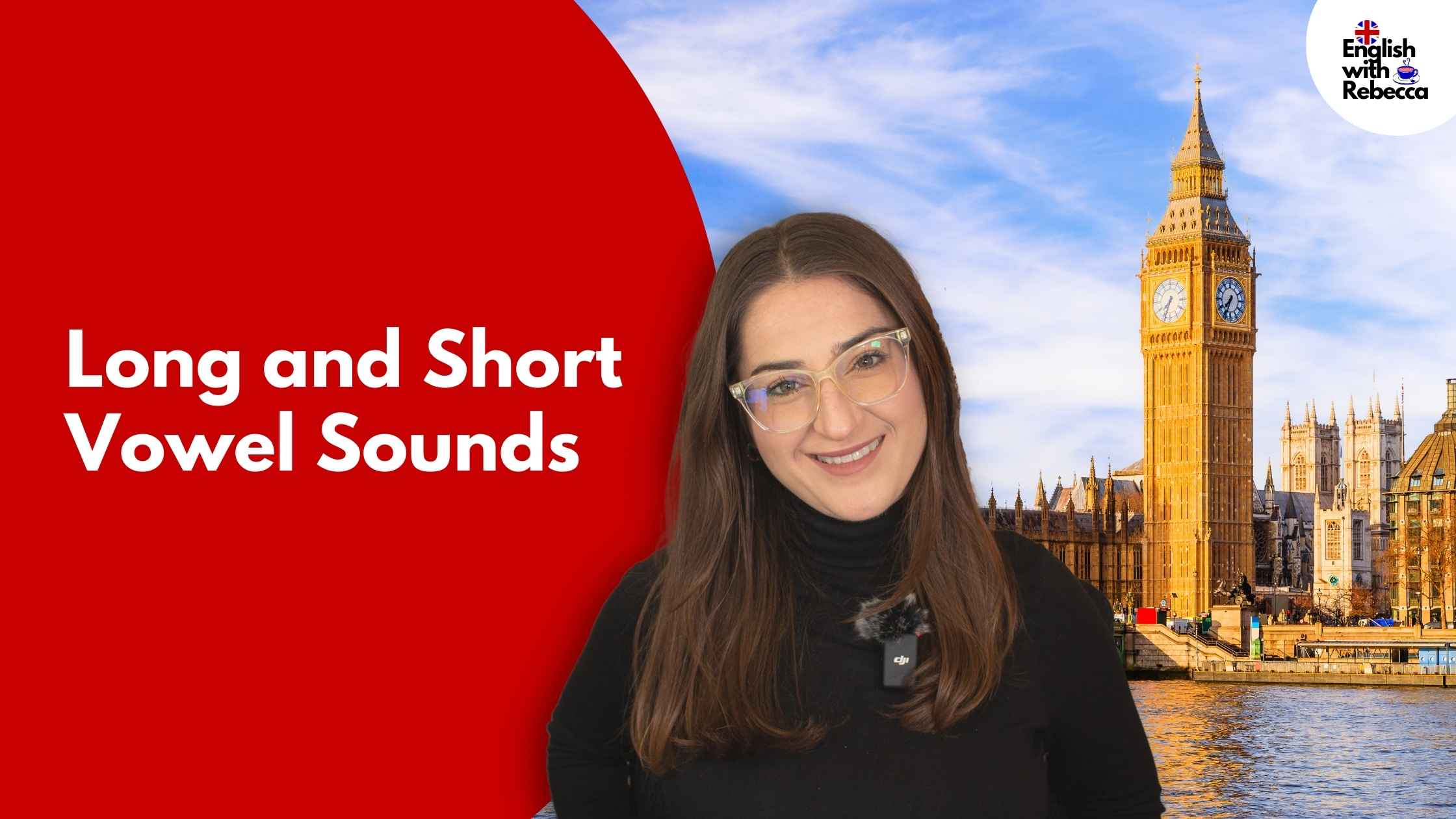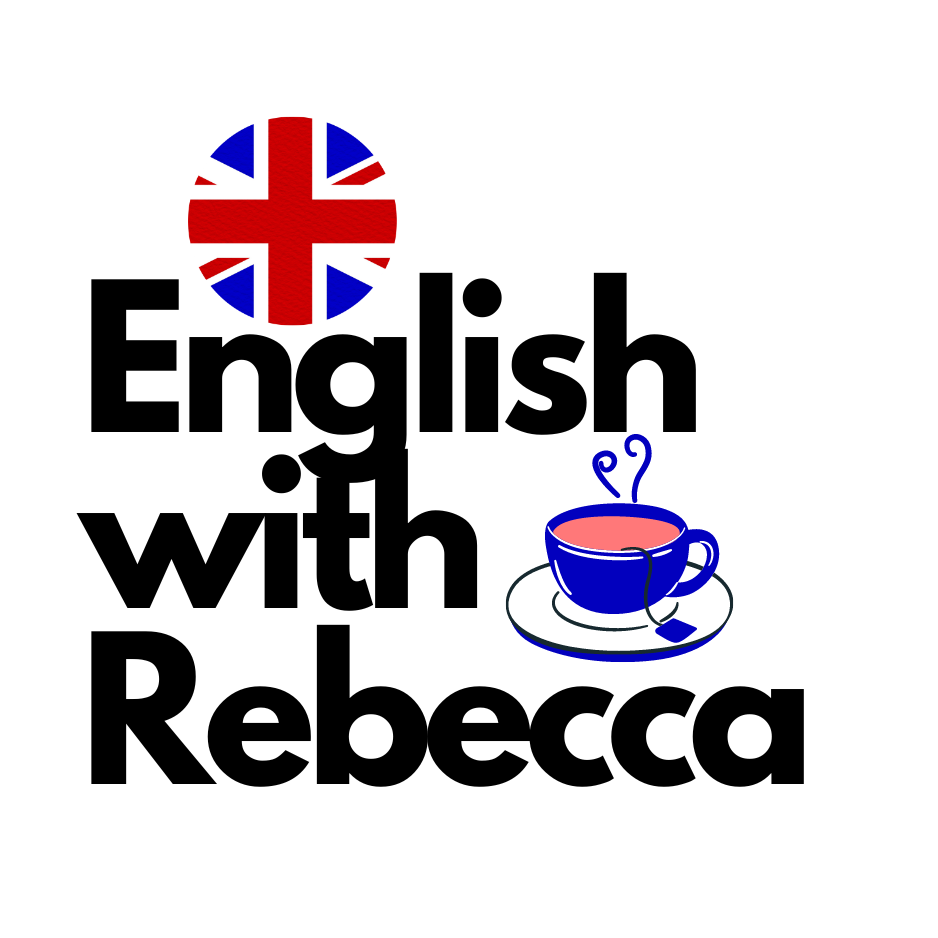
If you’ve ever found yourself confused by the difference between words like ship and sheep, you’re not alone! As someone who has helped many students master English pronunciation, I know that distinguishing between long and short vowel sounds can be tricky—especially for non-native speakers. However, with the right guidance and practice, you’ll soon be able to pronounce these words clearly and confidently.
Spelling Patterns
2. Watch British TV Shows and Movies
3. Practice Minimal Pairs
4. Use a Mirror
5. Record Yourself
📚 Practise Time!
🎉 Great job!
In this lesson, we’ll explore the differences between long and short vowels, provide examples, and end with a practice exercise to help you master this important aspect of English pronunciation.
What Are Long and Short Vowel Sounds?
What Are Long and Short Vowel Sounds?
Vowel sounds in English can be broadly divided into two categories: long vowels and short vowels. These terms refer to the length and quality of the vowel sound.
Short Vowel Sounds
Short Vowel Sounds
Short vowels are brief and occur in words where the vowel sound is not "stretched." They are typically found in one-syllable words or syllables without a silent e.
Examples of Short Vowel Sounds:
/ɪ/ as in ship
/e/ as in bed
/æ/ as in cat
/ʌ/ as in cup
/ɒ/ as in dog
Example Words: ship, bed, cat, cup, dog
Long Vowel Sounds
Long Vowel Sounds
Long vowels, as the name suggests, are held longer than short vowels. They often occur in words where the vowel is followed by a silent e, in vowel pairs, or in open syllables.
Examples of Long Vowel Sounds:
/iː/ as in sheep
/eɪ/ as in cake
/ɑː/ as in car
/ɔː/ as in door
/uː/ as in food
Example Words: sheep, cake, car, door, food
The Key Differences Between Long and Short Vowel Sounds
The Key Differences Between Long and Short Vowel Sounds
Length of the Sound
- Short vowels are quick and sharp.
- Long vowels are drawn out and pronounced for a longer time.
Spelling Patterns
- Short vowels are often found in words without a silent e (e.g., cat).
- Long vowels are often found in words with a silent e (e.g., cake) or vowel pairs (e.g., boat).
Meaning in Context
- The difference in vowel length can completely change the meaning of a word.
- Ship (a boat) vs sheep (an animal).
- Bit (a small piece) vs beat (a rhythm).
Tips for Improving Pronunciation
Tips for Improving Pronunciation
1. Listen Carefully
Pay close attention to how native speakers pronounce words with short and long vowels.
2. Watch British TV Shows and Movies
Immerse yourself in authentic British English by watching TV shows and films. Listen closely to how actors pronounce words, focusing on vowel sounds. Shows like The Crown or Downton Abbey are great for this.
3. Practice Minimal Pairs
Minimal pairs are pairs of words that differ by only one sound, such as ship and sheep. Practising these can help you recognise the sounds more quickly and improve your ability to distinguish between them in conversation.
4. Use a Mirror
Watch the shape of your mouth as you pronounce long and short vowels. Long vowels often require more tension and shaping of the lips.
5. Record Yourself
Use your phone or a recording device to compare your pronunciation to native speakers.
📚 Practise Time!
Here is an exercise to reinforce what you’ve learned:
A: Identify the Vowel Sound
Read each word carefully, and determine if the underlined vowel sound is long or short:
A: Identify the Vowel Sound
Read each word carefully, and determine if the underlined vowel sound is long or short:
1. Ship
2. Sheep
3. Bed
4. Cake
5. Door
6. Cup
7. Food
8. Dog
🎉 Great job!
Keep practising, and soon you’ll be pronouncing long and short vowel sounds like a true pro! 🌟
Answers
Answers
Identify the Vowel Sound
1. Short
2. Long
3. Short
4. Long
5. Long
6. Short
7. Long
8. Short
📚 Join The Basics of English Course! 🚀


